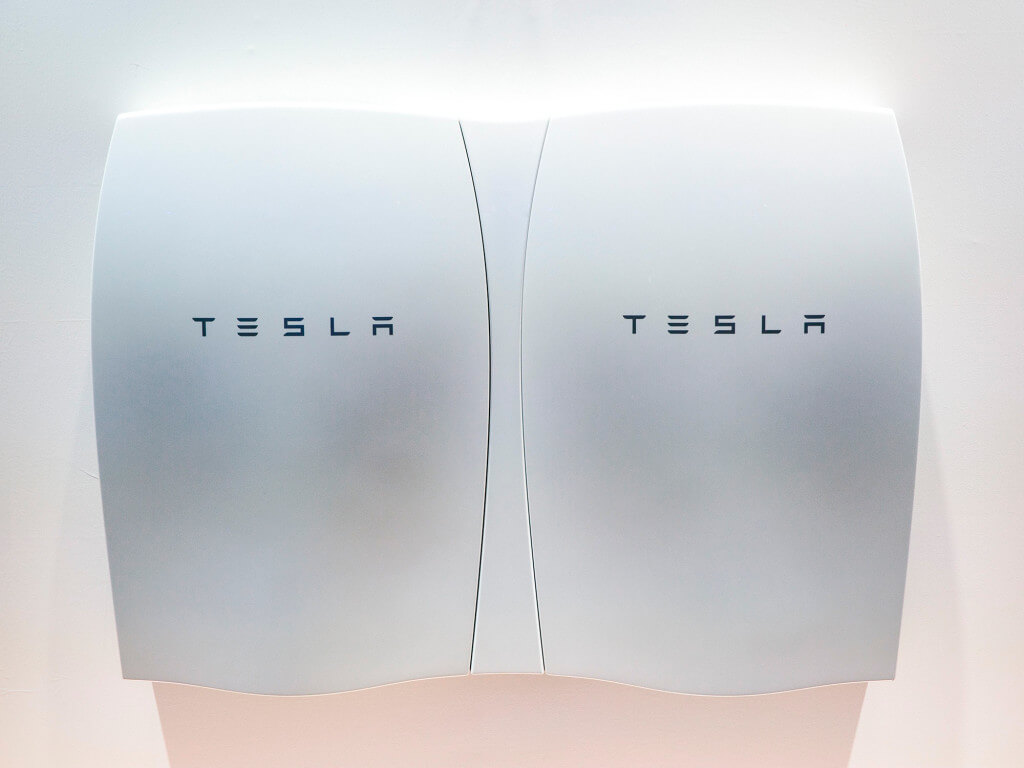
My phone buzzed on my way to pick up dinner last night. It was my best friend, Adam, who lives in LA and works in the entertainment industry. Like many people, he keeps a close eye on the digital tech world, but he typically gives little thought to the cleantech industry.
“Hey!”
“Did you hear about Elon Musk’s announcement?” Adam asked, knowing this type of thing is in my wheelhouse.
“Did I hear about it? Uhh, yeah. I read about a dozen articles, a thousand tweets, and discussed it in detail with multiple colleagues, the executive director of the Joint Center for Energy Storage Research at Argonne National Lab, and my three year-old son. Yes, I heard about it.”
“Well he said this is going to change the world, and I believe him because Teslas are incredible cars and this guy knows what he’s doing.”
Adam was amazed by Musk’s claims that The Powerwall will change the way the world consumes energy on a global scale. I was amazed that Adam was interested—even excited—about energy storage, and I quickly launched into a sermon about how cost-effective energy storage shall set the world free from the oppressive grip of the grid and its fossil fuel fires.
This is usually where I lose the interest of my audience, but it was different this time. Adam was interested—and he wasn’t just humoring me. It was genuine interest… at least for a few minutes.
And in the middle of my rant about peak shaving, price arbitrage, demand response, and the implications of a few days of backup power in your condo’s closet, something dawned on me. Despite the fact that Tesla’s batteries were no more advanced than the competition’s offering and that Tesla’s market entry is at least a year behind the first movers, Elon Musk is so incredibly vital to the clean energy movement simply because he can reach the mainstream. And they will actually pay attention. Stem is building a substantial base of behind-the-meter customers and AES has some major megawattage of utility-scale storage under construction and in development, but neither of these companies has the ear of the mass market the way Tesla does.
The Powerwall battery appears to be a solid product at a surprisingly reasonable price in today’s market (a price that will likely drop another 20% in a few years as the “Gigafactory” comes online), but the most valuable feature of this aesthetically pleasing box of Lithium-ion batteries is without a doubt its brand, a brand that comes with a revered celebrity CEO and a heavy dose of Silicon Valley panache. The device itself is not game changing, but the product just might be. The Powerwall certainly has its critics that cry “all sizzle and no steak,” but while the battery community might struggle with acknowledging the value of the Tesla/Musk brand, I’d suggest we embrace it—if we’re ever going to take cleantech mainstream, it just might be the best weapon we’ve got.